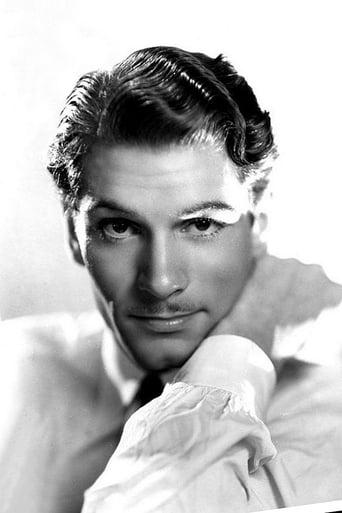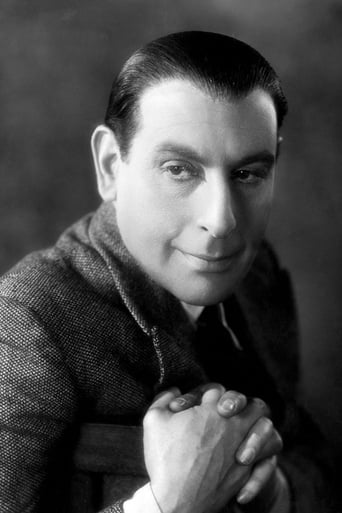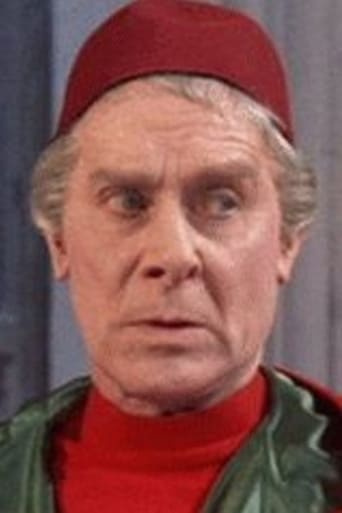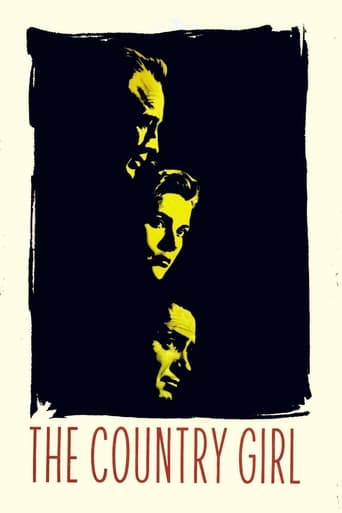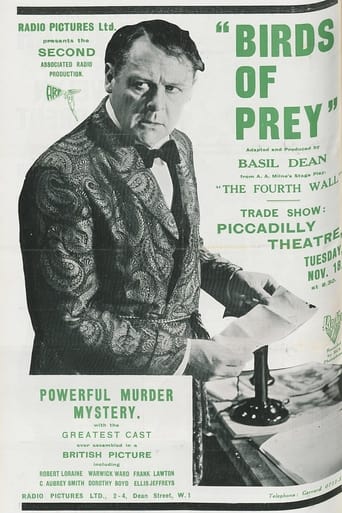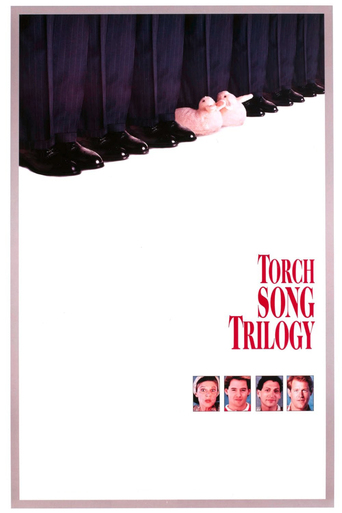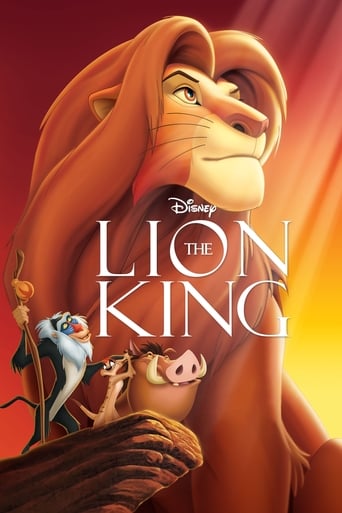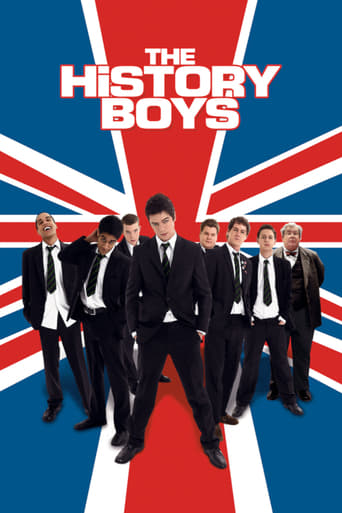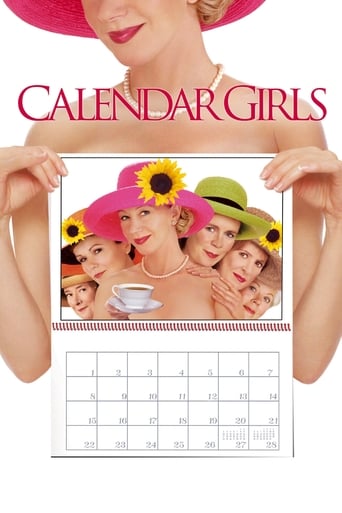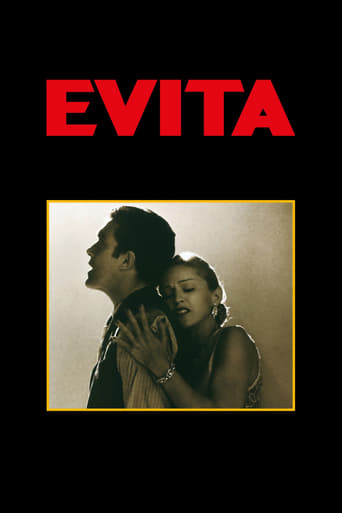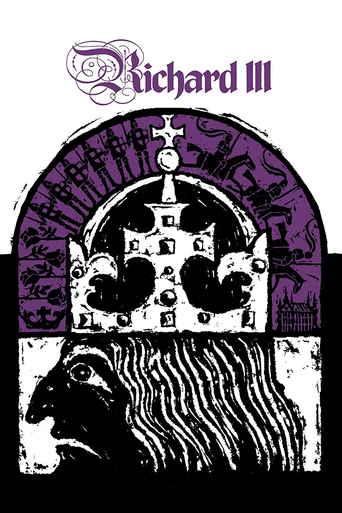
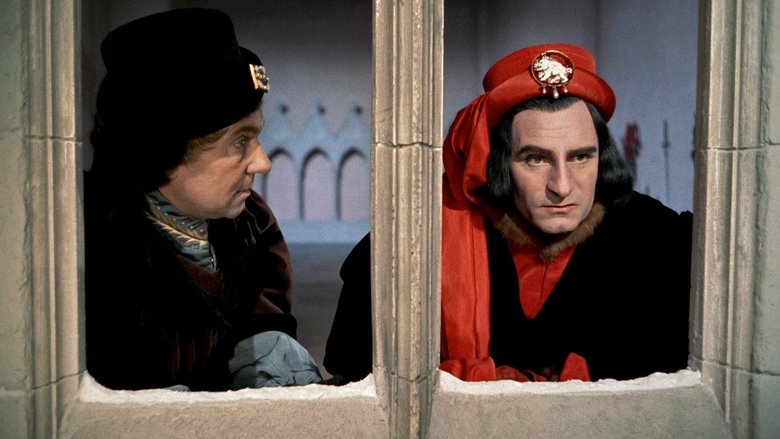
Richard III (1956)
Having helped his brother King Edward IV take the throne of England, the jealous hunchback Richard, Duke of Gloucester, plots to seize power for himself. Masterfully deceiving and plotting against nearly everyone in the royal court, including his eventual wife, Lady Anne, and his brother George, Duke of Clarence, Richard orchestrates a bloody rise to power before finding all his gains jeopardized by those he betrayed.
Watch Trailer
Cast
Similar titles
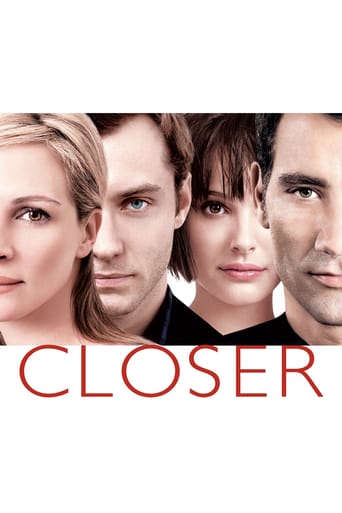
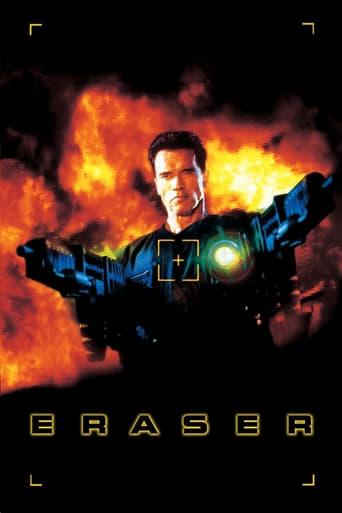
Reviews
I cannot think of one single thing that I would change about this film. The acting is incomparable, the directing deft, and the writing poignantly brilliant.
It's entirely possible that sending the audience out feeling lousy was intentional
A terrific literary drama and character piece that shows how the process of creating art can be seen differently by those doing it and those looking at it from the outside.
This film is so real. It treats its characters with so much care and sensitivity.
"Richard III" was the third, and last, of the three Shakespearean films directed by Sir Laurence Olivier, after "Henry V" and "Hamlet". The story is too well known to be set out here; indeed, Shakespeare's version of history is probably more familiar than the story of the real King Richard. The prologue states that the film is based as much upon legend as upon historical fact, thereby acknowledging that Shakespeare used a good deal of artistic licence. In some ways, in fact, the film goes even further than Shakespeare in its rewriting of history, although normally for a good artistic reason. The film opens with a scene not found in the play, the coronation of King Edward IV who is accompanied by his wife, two sons and adult brother Richard. In fact, Edward's coronation took place in 1461, when he was unmarried, his sons as yet unborn and Richard still a child. This scene, however, enables Olivier to assemble all the main characters and introduce us to them.The real Edward IV was a strong, vigorous man, standing around 6' 4" tall, who died suddenly at the age of forty. Here he is played by the diminutive, sixty-something Cedric Hardwicke, as a feeble old man. The purpose behind this piece of casting was to emphasise Richard's Machiavellian nature, secretly laying long-term plans to seize the throne in the inevitable event of his brother's demise. (In reality, Richard was probably as taken by surprise as anyone else by his brother's death, and his rise to power was a quick reaction to fast-moving events). Similarly, Edward's death and Richard's seizure of power took place in the spring and early summer of 1483, but here these events are shown as occurring during a bleak, snowy winter, to emphasise that the brief "glorious summer of this sun of York" is now over and that England faces a return to the "winter of our discontent".Olivier does correct one of Shakespeare's inaccuracies by removing the character of Queen Margaret who, at the time of the events depicted, would either have been in exile, or dead. This, however, was probably an inadvertent by-product of Olivier's cutting the original text to produce something more suited to the cinema. On the stage "Richard III" can be a rather unwieldy play, with a full production lasting up to four hours; at just under three hours the film is already considerably longer than the average fifties feature film.Unlike some more recent productions of the play, most notably Richard Loncraine's film from 1995 which updates the story to the 1930s and quite deliberately portrays Richard as a fascist-style dictator, Olivier does not attempt to draw parallels- at least not explicit ones- between Shakespeare's story and modern politics. (Of course, one could argue that those parallels are still there because Shakespeare understood the essential psychology underlying fascism and communism long before either ideology formally existed). Like Olivier's Henry V, the film is shot in vivid colour and attempts to reproduce the visual splendour of the Middle Ages with authentic period costumes. Most of it was shot on stylised Gothic sets in the studio, although the final scenes depicting the Battle of Bosworth Field were for some reason filmed on location in a region of Spain that looks nothing like Leicestershire.Olivier's Richard is not just a pantomime villain; he is also a consummate hypocrite, able to be all things to all men as the occasion demands, so Olivier has to call upon the full range of his acting skills to play the parts of loyal brother, ardent lover and man of the people as well as ranting tyrant. Although Olivier plays him with a limp, Richard's disabilities are not as evident as in some productions, so his speeches lamenting his "misshapen body" seem more like self-pity than genuine complaints. Olivier dominates the play, but there are other good contributions, especially from John Gielgud as Clarence (a far more sympathetic figure than the treacherous drunkard of legend) and Claire Bloom in the thankless role of Lady Anne, Richard's wife, who should have every cause to hate him but who inexplicably marries him.The film was not a great box-office success when first released in 1955, particularly in America where its prospects were harmed by the curious decision to broadcast it on American television on the day that it opened at the cinema. That relative failure ended Olivier's series of Shakespearean dramas; a film of "Macbeth" scheduled for 1957 had to be cancelled when Olivier was unable to secure the necessary funding. (That must be one of the great unmade films of cinema history!) Today, however, its reputation seems secure as a classic, at least as good as the Oscar-winning "Henry V" which was much-praised upon its release. Olivier's performance as Richard, portraying him as (in the words of the historian Professor Richard Harrison) that "slit-eyed, snaky, deformed embodiment of evil" has passed into legend; for many people it has become (to the disgust of the king's modern apologists, and he has many) the definitive image of King Richard III. 8/10 Some goofs. As stated above, a number of key scenes are switched from spring/summer to winter. I have no quarrel with this change, which was done for good artistic reasons, but Olivier should have cut that line about "strawberries" which in the fifteenth century would not have been available out of season. Some of the heraldic banners are incorrect; Lord Stanley, as King of Man, would indeed have been entitled to quarter the Manx arms with his own, but the Manx "three legs" symbol should appear on a red background, not a blue one as here. And Richard III never used the arms attributed to him of a white boar between four white roses on a red shield.
Very few actors and director's have the skill to bring William Shakespeare's work to life. The transition from stage to screen can prove difficult, especially when wrestling with the Bard's complex word-play and trying to make a movie that feels like a movie and not simply a filmed stage performance. No-one has succeeded as well as Laurence Olivier, here trimming one of Shakespeare's most wickedly entertaining plays to it's bare necessities, and delivering a fascinating performance to boot. Despite his high esteem, I've always found Olivier's acting to be somewhat hammy. But his hunchbacked, sneering monster is the definitive Richard III, combining his character's heinous acts with a devilish smirk.A lot has been written about Olivier the actor, but clearly not enough about Olivier the director. Though his Shakespeare adaptations can often feel stagy, he wasn't afraid of taking narrative risks. His magnificent Henry V (1944) began with actors preparing to perform the play in front of a theatre audience, before go into full-movie mode. Richard III begins with Olivier breaking the fourth wall and delivering his gleefully atrocious plans to camera, boasting of his strategy to usurp his brother King Edward IV (Cedric Hardwicke), but not before ridding himself of his other sibling George (John Gielgud). He seduces the widow of the man he slew during the War of the Roses, Lady Anne (Claire Bloom), and conspires with his cousin the Duke of Buckingham (the astonishing Ralph Richardson).Shot in wonderful Technicolor and opting for minimalist set design, Richard III is a treat for the eyes. But the true delight is the cast - a smorgasbord of British thespian talent - who deliver Shakespeare's poetic prose as if they talk it in their sleep. This is a tale of greed, paranoia and blood, told with a jet-black sense of humour, and Richard is one of Shakespeare's greatest creations. Disgruntled at being born lame and deformed without being compensated for his sufferings - you just have to sit back and marvel as he tricks and murders his way to the throne, turning to regicide and infanticide with a smile on his face. Olivier is clearly having a ball, and this is truly his show. I never realised Shakespeare could be so much fun.www.the-wrath-of-blog.blogspot.com
This is the third movie in Olivier's trilogy of Shakespeare. I'd say this one is the worst of the three although the performance by Olivier here is the best. It's been called everything from brilliant to high camp but one thing it won't be called is forgettable. He steals every scene and is absolutely electrifying to watch. The opening soliloquy in particular is genuinely mesmerizing. Deceiving, cunning, often times funny, he lies, betrays and kills his way to the English Crown all the while letting us in on his plans. The score is solid while rest of the cast is passable. Ralph Richardson as Buckingham is probably the other performance worthy of note.That being said it does have its faults. As usual with Shakespeare it can be at times hard to follow. The script is full of metaphors and puns all being said at a vicious pace. Unless you know the play beforehand some of the content will be lost to you. Also, unlike Olivier's former efforts, the pacing seems slower here. At times the movie can get a little dull. The battle from the final act in particular is clumsy and messy.Overall, it's a flawed but still good movie. However as an introduction to Olivier's Shakespeare, Henry V is a better choice.
Sir Laurence Olivier is "Richard III," a film produced and directed by him. He surrounded himself with only the best: Cedric Hardwicke, John Gielgud, Ralph Richardson, and Claire Bloom. Shakespeare took great liberties with the life of this King, but in so doing, created one of the great characters in theater. And who better to play him the limping hunchback than Olivier? In the documentary on Laurence Olivier, "Laurence Olivier: A Life," he speaks in great detail about the production, including his decision to model Richard's appearance on producer Jed Harris. Apparently a lot of people hated him, as he was also the model for the Big Bad Wolf, and the documentary shows Richard and the Wolf side by side. It's a scream.Olivier plays the cunning, manipulative, evil Richard to perfection, with tongue firmly in cheek during some moments. He speaks to the audience throughout, which is an excellent device. There's not too much to be said about the rest of the cast - just the mention of their names says it all.The battle scenes are great, and when Richard screams, "A horse, a horse, my kingdom for a horse," it's magnificent. Wonderful score by William Walton.History tells us that Richard probably wasn't deformed, that he probably didn't kill Anne's husband, that no one knows what happened to his nephews, and Lady Anne probably died of tuberculosis and not poison. History also tells us that he stole the crown from his nephew by claiming he was illegitimate; and that Buckingham indeed turned on him. So something tells me that being in Richard's way maybe wasn't such a good thing in real life, either.Truly magnificent. A must see.
